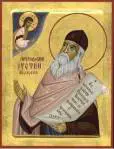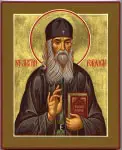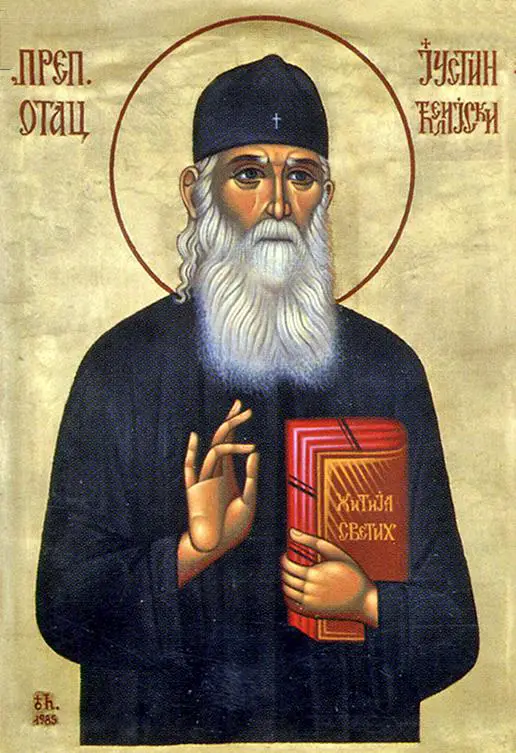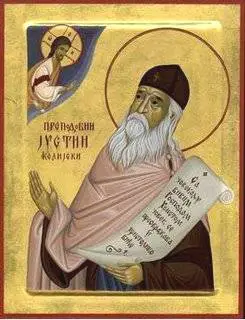St. Raphael of Brooklyn: I, therefore, felt bound by all the circumstances to make a thorough study of the Anglican Church’s faith and orders as well as of her discipline and ritual. . . .
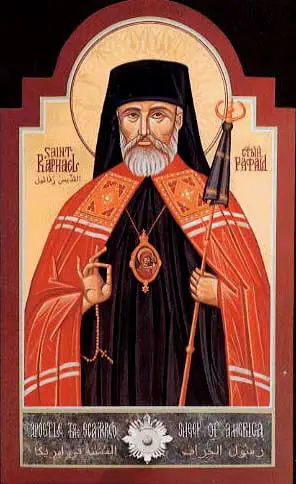
I, therefore, felt bound by all the circumstances to make a thorough study of the Anglican Church’s faith and orders as well as of her discipline and ritual. After serious consideration I realized that it was my honest duty, as a member of the College of Bishops of the Holy Orthodox Greek Apostolic Church, and Head of the Syrian Mission in North America, to resign from the vice-presidency of and membership in the Anglican and Eastern Orthodox Churches Union. At the same time, I set forth, in my letter of resignation, my reason for so doing.
I am convinced that the doctrinal teaching and practices as well as the discipline of the whole Anglican Church are unacceptable to the Holy Orthodox Church. I make this apology for the Anglicans whom as Christian gentlemen I greatly revere, that the loose teachings of a great many of the prominent Anglican theologians are so hazy in their definition of truths, and so inclined toward pet heresies that it is hard to tell what they believe. The Anglican Church as a whole has not spoken authoritatively on her doctrine. Her Catholic minded members can call out her doctrines from many views, but so nebulistic is her pathway in the doctrinal world that those who would extend a hand of both Christian and ecclesiastical fellowship dare not, without distrust, grasp the hand of her theologians, for while many are orthodox on some points, they are quite heterodox on others. I speak, of course, from the Holy Orthodox Eastern Catholic point of view. The Holy Orthodox Church has never perceptibly changed from Apostolic times, and, therefore, no one can go astray in finding out what she teaches. Like her Lord and Master, though at times surrounded with human malaria — which He in mercy pardons — she is “the same yesterday, and today, and forever” (Hebrews 8:8) … the mother and safe deposit of “the truth as it is in Jesus” (Eph.4:21).
The Orthodox Church differs absolutely with the Anglican Communion in reference to the number of Sacraments and in reference to the doctrinal explanation of the same.
+ St. Raphael of Brooklyn
Letter to Clergy and Laity of the Syrian Greek-Orthodox Catholic Church in North America addressing the Orthodox relationship with the Episcopal Church
Issued late in the year 1912; from The Most Useful KNOWLEDGE for the Orthodox Russian-American Young People, compiled by the Very Rev’d Peter G. Kohanik, 1932-1934 (pp. 297-303).
